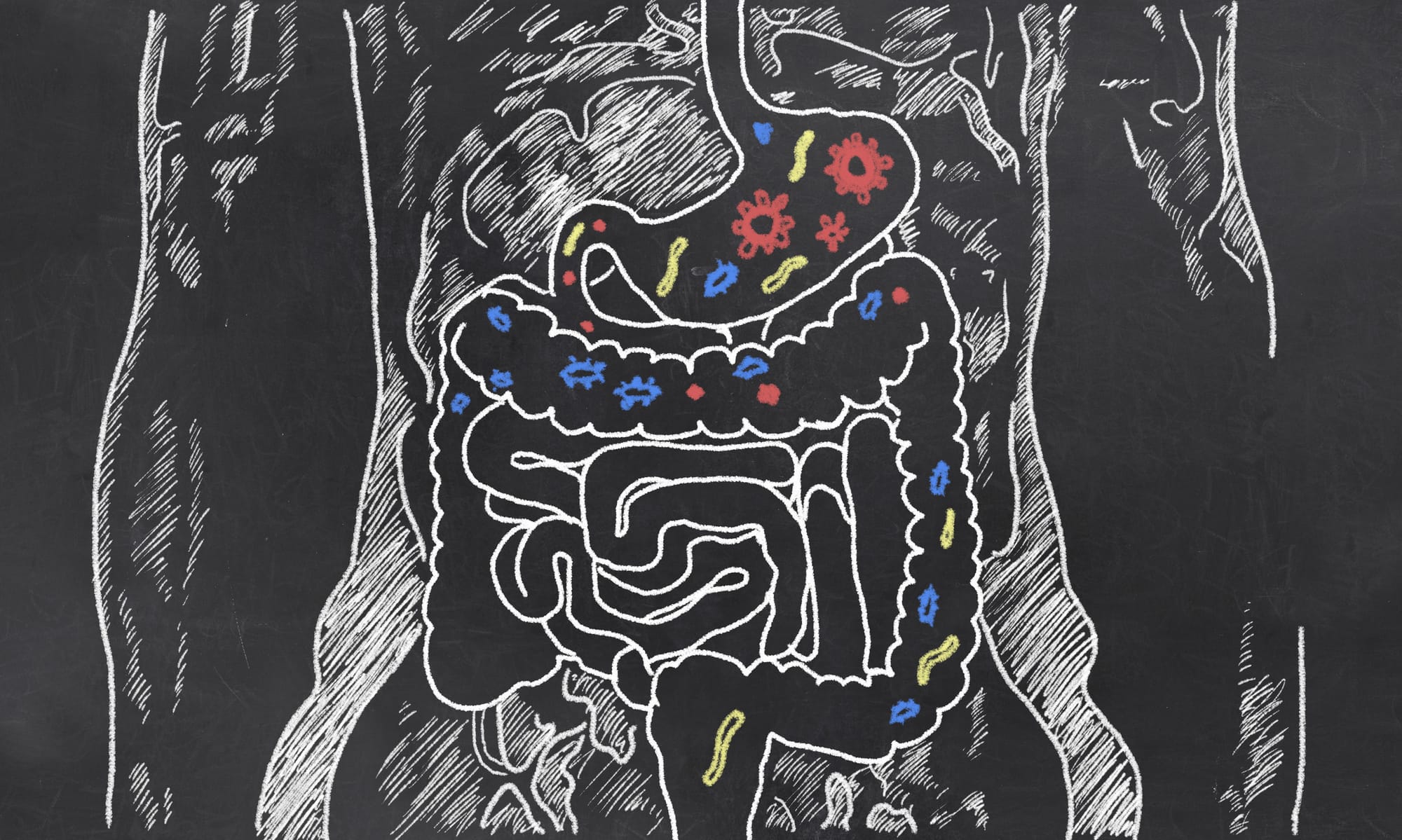Leaky Gut: A Weak Link in Digestion & Immunity

Key Takeaways:
- Leaky gut syndrome is a condition where the intestinal lining becomes permeable, allowing harmful substances to enter the bloodstream.
- This condition can lead to various health issues, including digestive problems, autoimmune diseases, and chronic inflammation.
- Addressing leaky gut involves dietary changes, lifestyle adjustments, and targeted supplements to restore gut health.
Understanding Leaky Gut Syndrome
Leaky gut, also known as increased intestinal permeability, is a condition where the lining of the small intestine becomes damaged. This damage allows undigested food particles, toxins, and bacteria to "leak" through the intestinal wall and enter the bloodstream. The gut lining is supposed to act as a barrier, but when it becomes compromised, it can lead to a host of health problems.
The gut lining is made up of tightly packed cells that form a barrier to control what gets absorbed into the bloodstream. When these cells become loose or damaged, it create gaps that allow harmful substances to pass through. This can trigger an immune response, leading to inflammation and a variety of symptoms.
Symptoms of Leaky Gut
The symptoms of leaky gut can vary widely and may include digestive issues such as bloating, gas, and diarrhea. Other common symptoms include fatigue, headaches, joint pain, and skin problems like eczema and acne. Some people may also experience food sensitivities and allergies.
In more severe cases, leaky gut can contribute to the development of autoimmune diseases such as Crohn's disease, rheumatoid arthritis, and lupus. This is because the immune system starts attacking the body's own tissues in response to the foreign substances that have entered the bloodstream.
Causes of Leaky Gut
There are several factors that can contribute to the development of a leaky gut. One of the most common causes is a poor diet, particularly one that is high in processed foods, sugar, and unhealthy fats.
Other potential causes include chronic stress, which can weaken the immune system and increase inflammation, and the overuse of medications such as antibiotics and nonsteroidal anti-inflammatory drugs (NSAIDs). These medications can disrupt the gut microbiome and damage the intestinal lining.
The Role of the Gut Microbiome
The gut microbiome, which consists of trillions of bacteria and other microorganisms, plays a crucial role in maintaining gut health. A healthy gut microbiome helps to protect the gut lining, support digestion, and regulate the immune system.
Factors that can disrupt the gut microbiome include a poor diet, chronic stress, and the overuse of antibiotics. To support a healthy gut microbiome, it is important to eat a diet rich in fiber, fermented foods, and probiotics. These foods can help to promote the growth of beneficial bacteria and support gut health.
Treatment Options for Leaky Gut
Treating a leaky gut involves addressing the underlying causes and supporting the healing of the gut lining. This typically involves dietary changes, such as eliminating processed foods, sugar, and unhealthy fats, and incorporating more whole foods, fiber, and fermented foods. It may also be helpful to take targeted supplements, such as probiotics, prebiotics, and glutamine.
In addition to dietary changes, it is important to manage stress and get regular exercise, as these can help to support overall health and reduce inflammation. It may also be necessary to address any underlying medical conditions or imbalances that may be contributing to leaky gut, such as hormonal imbalances or chronic infections.
Healthfully,
Systemic Body And His Team

